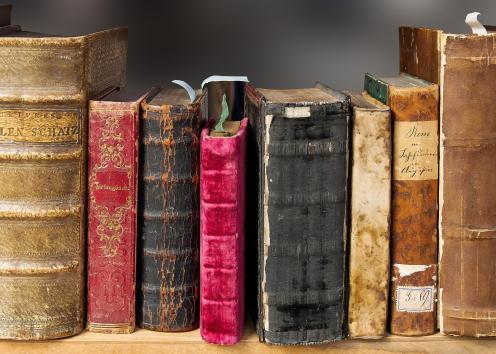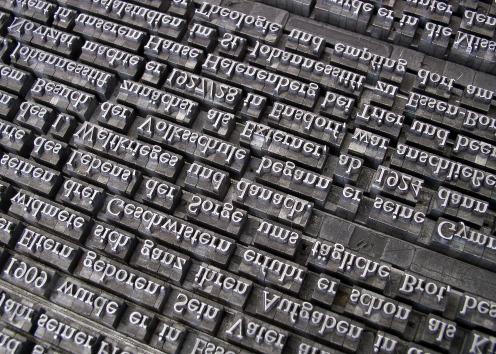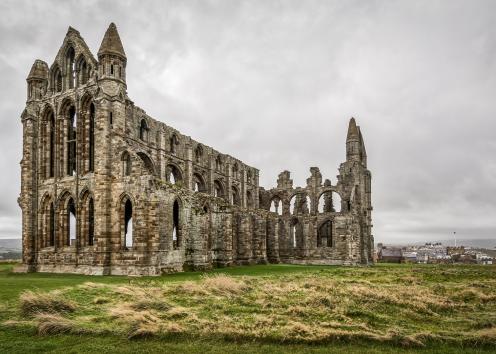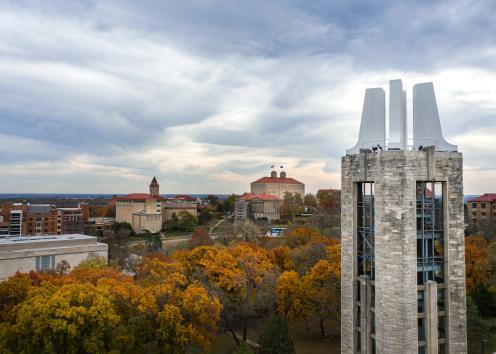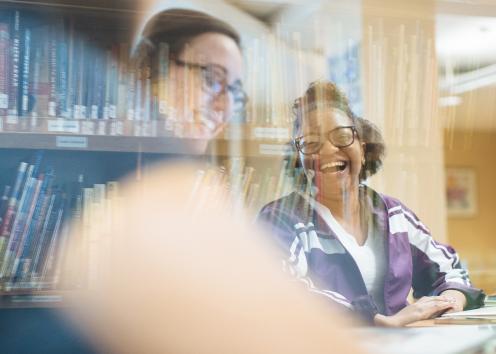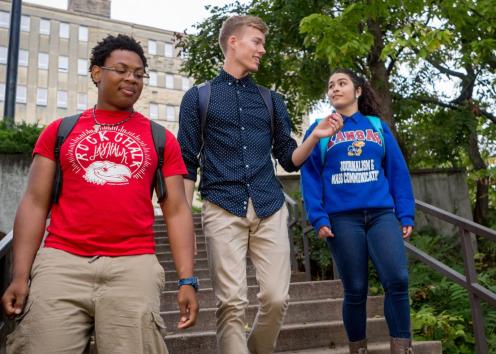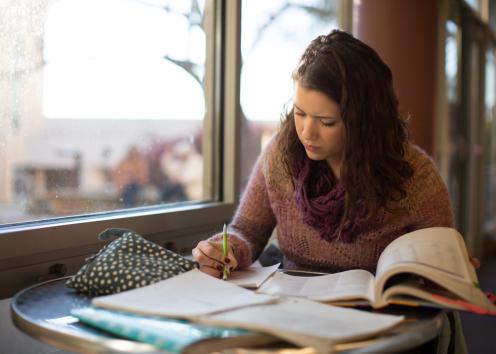General Literature Courses Fall 2026
ENGL 329: Topics in Forms and Genres- Animals & Literature
Instructor: Phillip Drake
26366 | TuTh 9:30-10:45 AM | Wescoe 4076
This course examines animals in literature along with the emergence of animal studies as a field of inquiry. We will read and analyze a selection of noteworthy texts, allowing us to trace the history of animal studies, while also testing ideas and methods that currently give shape to the field of animal studies today. To this end we will explore various disciplinary (literary, anthropological, biological, ethological, psychological, etc.) and theoretical lineages that animate (and are animated by) animal studies.
Probable Texts: Wells, Island of Dr. Moreau; Ward, Salvage the Bones; Woolf, Flush; Dick, Do Androids Dream of Electric Sheep; and other literary and critical works that will be posted on Canvas.
This class is cross listed with ENGL 508

ENGL 334: Major Authors- August Wilson
Instructor: Mark Luce
26367 | Th 7:00-10:00 PM | Regnier 354 - Edwards
In a series of 10 plays set in each decade of the 20th century, primarily in Pittsburgh, August Wilson forged a different kind of history. From emancipation to gentrification, from hardscrabble lives to joyous blues, the plays trace the arc of Black life in America. These searing works will stay with you long after the last line is spoken. We will discuss all of Wilson's plays and while exploring music, economics, race, gender, history and the implications of the Great Migration. Students will examine stage and costume designs and watch various productions of the plays.
* This course is taught on the Edwards Campus and satisfies the LLW requirement for Literature or American Literature

ENGL 340: Topics in U.S. Ethnic Literature - Latina/x/o Literature
Instructor: Marta Caminero-Santangelo
28034 | APPT | Online
*This course also satisfies the Edwards Campus LLW requirement for Literature or American Literature.

ENGL 508: Contemporary Literary Theory
Instructor: Phillip Drake
26383 | TuTh 11:00-12:15 PM | Wescoe 4037
This course examines animals in literature along with the emergence of animal studies as a field of inquiry. Embodying a complicated set of interdisciplinary tools and perspectives, animal studies scholarship prompts exploration into the lives of animals, focusing particularly on interactions between human and nonhuman animals. These bodies and relationships provoke complicated and often uncomfortable questions that challenge conventional understandings of a host of issues, including kinship, care, embodiment, individuality, power, precarity, death, extinction, and living well. Furthermore, interactions between human and nonhuman animals often intersect with constructions of gender, race, class, ethnicity, and sex, inviting consideration of justice and social awareness at various scales, from the body and household to the nation and globe. In addition to covering a diverse range of literature, we will explore various disciplinary (literary, anthropological, biological, ethological, psychological, etc.) and theoretical (queer, postcolonial, feminist, existentialist, poststructural, posthuman, ecocritical, etc.) lineages that animate (and are animated by) multispecies studies.
Probable Texts: Wells, Island of Dr. Moreau; Ward, Salvage the Bones; Ghosh, The Hungry Tide; Dick, Do Androids Dream of Electric Sheep?; Woolf, Flush; Kang, The Vegetarian; and other literary and critical works that will be posted on Canvas.
This class is cross listed with ENGL 508

ENGL 530: Irish Literature & Culture - Modern Irish Drama
Instructors: Dr. Zay Dale
26384 | MW 3:30-4:45 PM | Wescoe 4075
In January 1907, following the performance of Irish playwright John Millington Synge’s play The Playboy of the Western World, rioters spread through Dublin arguing that the play was an offense to public morals and an insult against Ireland. Across the Atlantic a few years later, the cast of the same play were arrested at a production in Philadelphia. From this, a few important questions arise: How can theater function as both a cultural nationalist project and an international artistic movement at the same time, and what tensions arise from that dual role? How did Irish dramatists both respond to and influence international developments in twentieth-century theater, particularly in relation to evolving ideas about gender, sexuality, and the body in performance? In this course, we will study the Irish dramatic revival in the twentieth-century within both its national and international frameworks. While investigating the relationship between the major Irish revival dramatists and the Irish cultural and national politics that so often shaped their plays' reception in Ireland, we will look at how Irish playwrights responded and contributed to international developments in twentieth-century theater. May be repeated for credit as the topic changes. Prerequisite: Prior completion of at least one 300- or 400-level English course.



